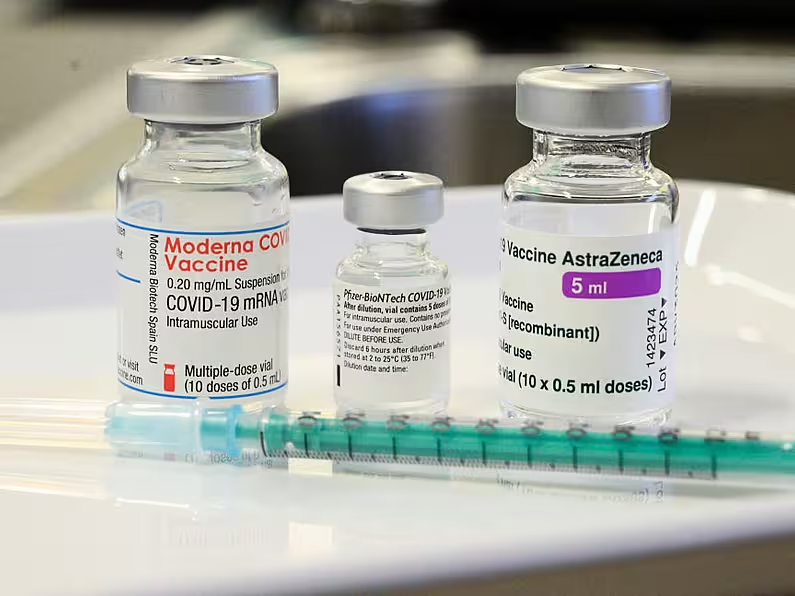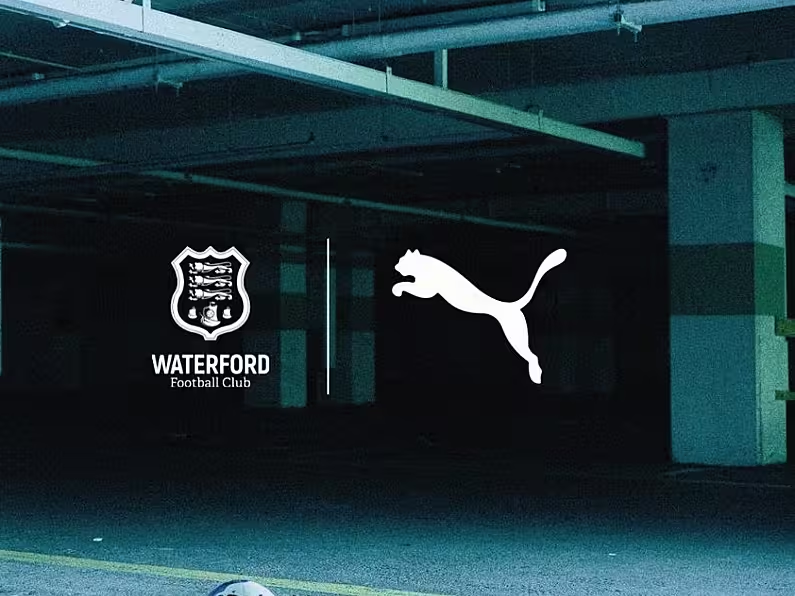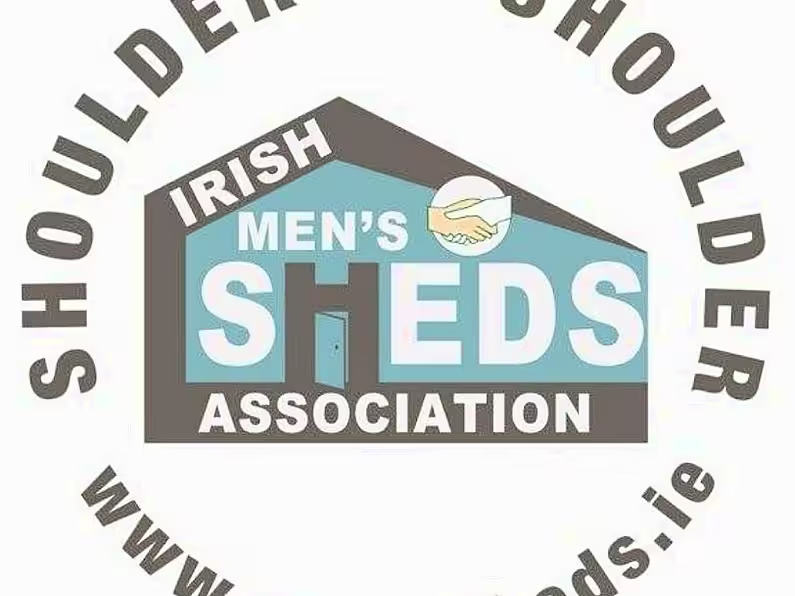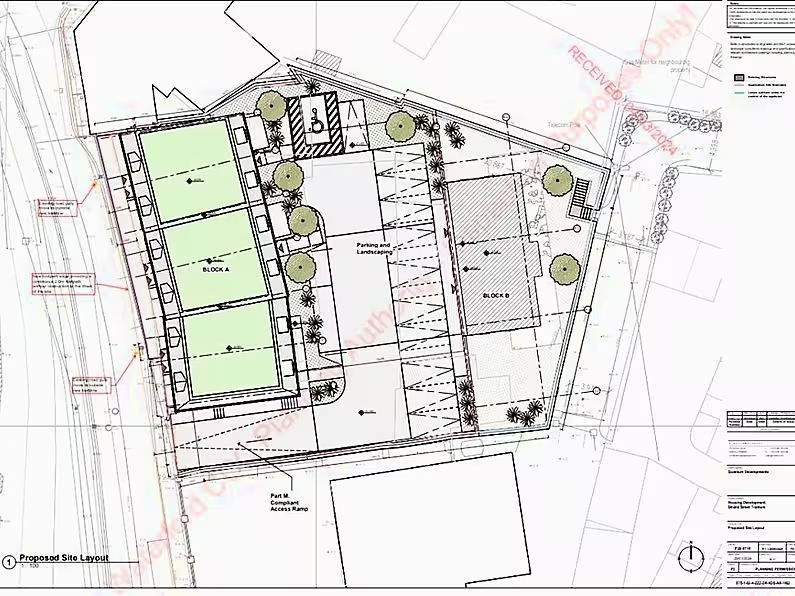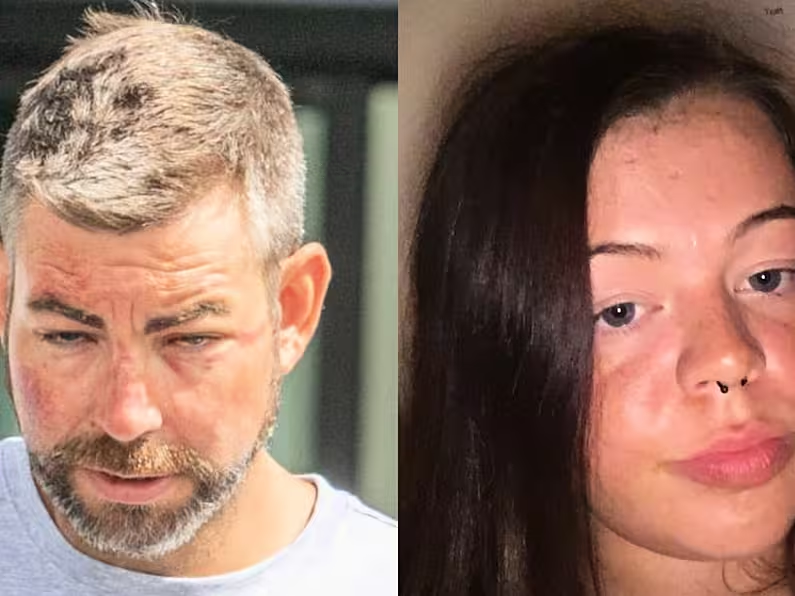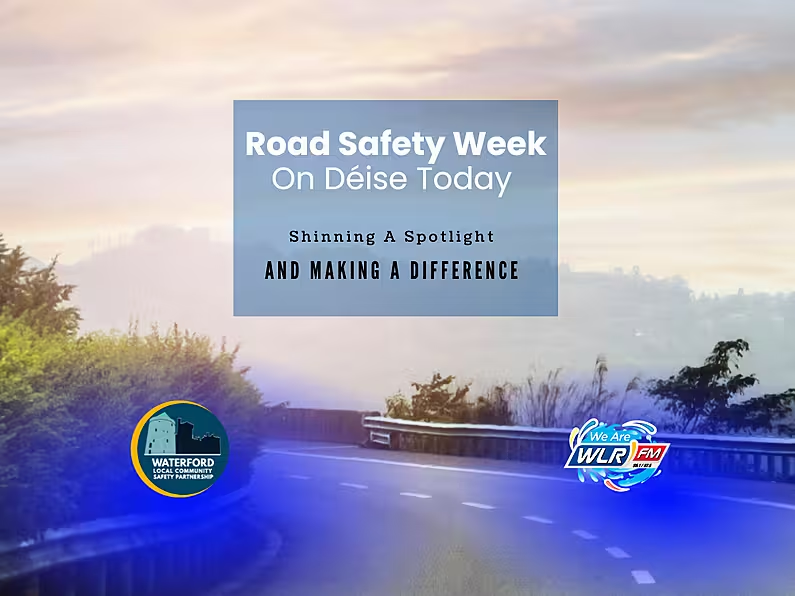The National Immunisation Advisory Committee (Niac) will meet on Monday to discuss giving booster vaccines to healthcare workers.
This comes as the number of healthcare staff out of work due to Covid-19 has doubled in a week. As reported in The Irish Examiner, this has prompted HSE management to express concern for key services.
According to HSE chief clinical officer Dr Colm Henry, there are now some 3,500 staff out of work due to Covid compared to the 1,800 figure at the start of last week.
"We are under pressure, there is no doubt about it," said Dr Henry.
"Whatever the trigger points that cause us concern - the critical occupancy of ICU beds, a critical number of people coming into hospitalisation (due to Covid-19) - the loss of staff is not just bad for those who may be sick or close contacts, but it is also bad for the services which rely on those staff to deliver those services some of whom are quite specialised."
Dr Henry said the HSE is anxious that if booster jabs are approved for workers by Niac "we progress quickly, and we are ready to administer quickly to frontline healthcare workers to protect them, to protect patients and to protect services going into what will be difficult winter".
Rising cases
This comes as almost 5,000 new cases of Covid-19 were confirmed across the State this weekend. There are now 500 patients with Covid-19 in hospital, of which 93 are in ICU.
This high number has prompted questions about whether booster jabs should be made more widely available.
Dr Henry said that while the cases have been increasing, "the conversion of those cases into harm is blunted".
"Over the past 14 days of the total number of cases, about 1.7 per cent, were hospitalised and 0.7 per cent admitted to ICU," he told .
"That is half the level of conversion we would have seen in previous surges.
That protection is a protection we are seeing from the vaccine. They do not afford such significant protection against transmission."



